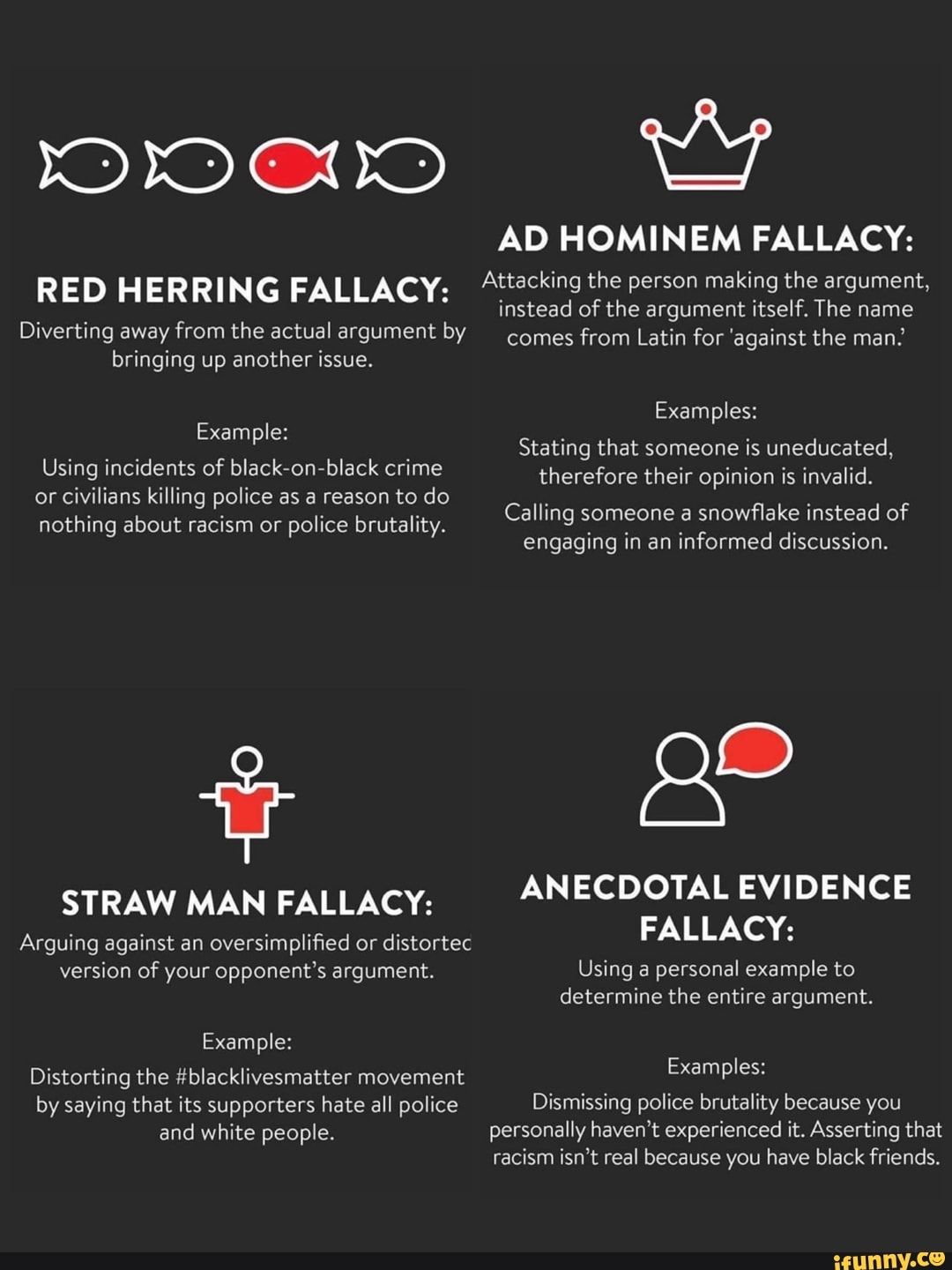

Similarly, you might find someone who doesn’t like a female politician because she sounds “shrill” or “whiney”. For example, a boss (or even a bad husband!) might accuse a woman of being shrill when she tries to stand up for herself and her perspective. It has been historically been used by some men against women to highlight tropes about women being shrill or overly emotional. Tone policing occurs when someone doesn’t address the substance of someone’s argument but rather addresses the tone with which it is expressed. Her boss responds that he won’t discuss her payrise until she stops being so shrill. Scenario: A woman is arguing that she should get a payrise.

Instead, they decide to attack from a different angle, and haven’t made a serious attempt at addressing their own behavior. So, in this scenario, we can see that the person who doesn’t ever do the dishes isn’t responding to the point about their need to be more diligent. In doing so, they’re able to avoid accountability for their actions. You will often find that red herrings allow the person who is defending themselves to blunt or subvert the original point. This information is designed to start a different argument where there is more of a level playing field. This scenario is a red herring because the person who is being accused of not doing the dishes is trying to find a new piece of information that will distract the aggressor. One couple says “You never do the dishes!” The other says “What about you! You never take out the bins!” Today, we use the metaphor to explain any situation where someone tries to distract people from the true issue at hand. The strong smell of the herring fish to distract dogs from chasing rabbits. The smell of the fish would overwhelm the smell of the rabbits, putting the dogs off the scent. He put the strong-smelling fish out in the woods. The metaphor comes from a situation where Cobbett needed to distract some dogs from chasing rabbits in the English woods.Ĭobbett’s chosen distraction was strong-smelling red herrings (the fish!). It’s a metaphor used to refer to a distraction designed to confuse people from the issue at hand. The term “red herring” was coined by William Cobbett in 1807. Accessed 10 June 2022.Conclusion Red Herring Fallacy Definition “Red-Herring.” Texas State University,, //“Red Herring Examples: Fallacies of Misdirection.”. “Red Herring: Using Irrelevant Information as a Distraction.” Effectiviology.

According to Merriam-Webster, “The practice of using preserved fish to confuse hunting dogs led to the use of the term red herring for anything that diverts attention from the issue at hand.” Preserved herring not only have a reddish color to them, they also have a strong smell - a smell that was ideal for use as a method of throwing hunting dogs off their trail. The Merriam-Webster dictionary notes that the term red herring, unsurprisingly, stems from the art of distraction. The red herring fallacy is therefore sometimes described as a fallacy of misdirection or distraction. Your problems will seem pretty insignificant then.” Mother: “Just think of all the starving children in Africa, honey. Here’s another example of the logical fallacy (and bad parenting) on display, provided by Texas State University’s philosophy department:ĭaughter: “I’m so hurt that Todd broke up with me,


 0 kommentar(er)
0 kommentar(er)
